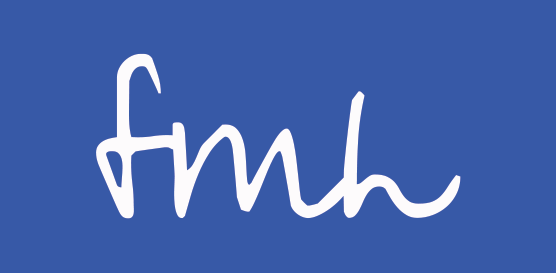Things I’ve Learned Over 30 Years Of Practice
To say things have changed in medicine over thirty years is a vast understatement. Multiple challenges have emerged in patient care, and many have been none too subtle. These are a few of the conclusions I’ve drawn during that time.
PEOPLE HAVE LOST TRUST IN THE FIELD OF MEDICINE AND IN DRUG COMPANIES. I DON’T BLAME THEM. Over the last three years, medicine has lost its way. Rather than having a measured discourse about informed consent when making medical decisions, physicians chose to bully their patients and forgo the standard precautions about providing pros and cons of treatment. Government and corporate policies were created and implemented based on bad science and experts who were hopelessly wrong. On top of that, a lot of proprietary data is not shared by the pharmaceutical industry, particularly regarding side effect documentation and safety profiles. Transparency seems to no longer be a consideration.
YOU DON’T KNOW WHAT YOU DON’T KNOW. What do I mean by that? Patients make the best decisions they can based on their own knowledge, experience, and research. Physicians and providers do the same. We all, however, end up pulling our information from the data pool, and none have access to some of the data necessary to make better informed decisions. We know what we know, that is, we know what information we can access. We don’t know what we don’t know, meaning we are unable to get the full picture about best practices as some of the necessary information has been suppressed or shouted down.
IF YOU KNOW WHAT YOU’RE TREATING, WHAT TO USE TO TREAT IT, AND HOW MUCH OF WHAT TO USE AND HOW LONG, IT’S AMAZING HOW WELL MEDS CAN WORK. If you get any one of the above three points wrong, not only do they NOT work, potentially they can make the problem worse. Meds are helpful but far from perfect.
It’s important to ask questions, and more importantly, to have them answered. It is an essential tenet of good medical care and of developing a trusting relationship. Meds should only when absolutely necessary, and for as short a period as possible.
